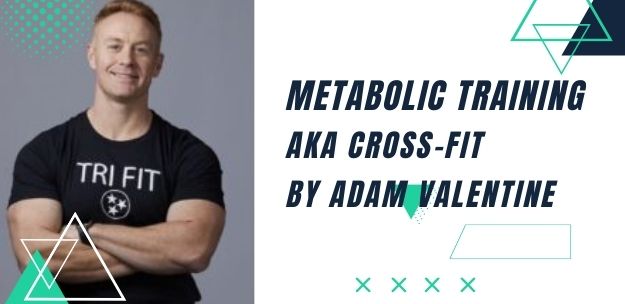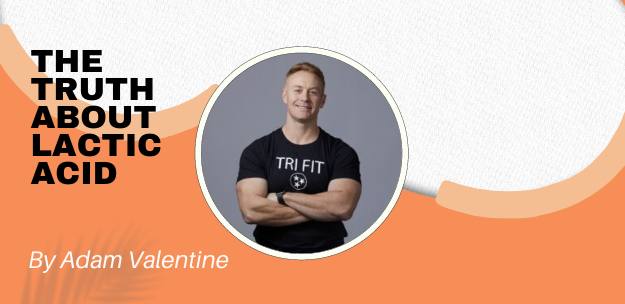
Metabolic Training AKA Cross-fit
Metabolic Training AKA Cross-fit By Adam Valentine “The latest and greatest” The time has come folks, and a new fitness regime has risen. It’s

It’s the most legal stimulant that’s easy to buy; Caffeine. We all have tried it and seen its remarkable effects. The real question here is not if it works, but rather if it’s really that good for us in the first place? Most studies are inconclusive is stating whether or not dependence on a stimulant like this is beneficial to our health, but let’s face it, bodybuilding is not exactly the most healthy sport to indulge in.
The origin of caffeine can be dated back to the 1800’s. It’s actually a chemical/poison which plants use as a pesticide. It was noticed by ancient farmers when their animals would eat plants, and suddenly have a boost of energy. This led to the European development of coffee, which is loaded with caffeine. Coffee is a bodybuilder’s savior when it comes to dieting because not only does it allow sustained energy levels, but it contains less than 2 calories!
The caffeine itself is very bitter tasting, which is why we use additives to spice it up. These additives are usually what get us in trouble half the time (ex. Colas, chocolate, or any specialty coffee from Starbucks). The actual process of how caffeine works is very dependable on how much is ingested. As little as 100 mg of caffeine (the amount in four ounces of drip-brewed coffee) can boost mood and memory storage. Test IQ’s have been shown to dramatically improve using it. Larger amounts (200 mg or more) are needed for optimal mental or physical performance. This higher amount is what we usually see in energy boosters at the local gas stations. The overwhelming benefit is that no matter the amount of caffeine consumed, you physically cannot build a tolerance for it. If 300 mg helps you with an intense lifting session the first time you take it, the same dose will deliver the same benefit even after taking caffeine for years. It takes about 15 minutes for caffeine to kick in. The effects usually last three to four hours, but this varies from person to person. In relation, some people only need small doses to have an effect (less than 50mg), whereas others may require higher amounts (≥ 400 mg).
How does it work?
Caffeine can work in many facets of the body because it directly stimulates the central nervous system.
Caffeine obviously has its awesome effects in accordance with performance and alertness. Athletes can consume it in mass quantity, yet still get the same effects each time. Best advice for using it is on an empty gut. This is highly useful for those who cardio it up in the morning with no food. The stimulant will have more effect on the adrenaline system and give you a rush of energy that can last for quite some time. Recommended usage is 15 minutes prior to exercise.
Although caffeine is prescribed for maximum results on an empty stomach, it can still have an effect when ingested with a meal. It actually is rumored to increase the body’s thermogenic effect, causing a rise in temperature and higher metabolic rate. This, however, may cause sweating and runny noses after eating.
We all know the old saying, “too much of a good thing can’t be that good.” This is quite true in most cases, but does that apply to caffeine? It actually can have some adverse effects on the body according to the International Food Information Council (IFIC):
The real key to this puzzle is determining whether or not your body is equipped to handle the stress of caffeine and its numerous effects. Obviously it has some tremendous benefits, but at what cost must the body be pay in order to have these effects? Moderation is what I believe this boils down to. No matter what good or harm something may do, it usually must be done in moderation. This could infer that while loading on caffeine can give you breathtaking results, it might be wise to choose the moderation route.

Metabolic Training AKA Cross-fit By Adam Valentine “The latest and greatest” The time has come folks, and a new fitness regime has risen. It’s

Caffeine: Bad or Good? It’s the most legal stimulant that’s easy to buy; Caffeine. We all have tried it and seen its remarkable effects. The

The Truth about Lactic Acid By: Adam Valentine Forums all over the map have evolved over the years. Many “theorists” will attempt at proving why
© 2026. All Rights Reserved
Murfreesboro Digital Marketing & Web Design - Boro Business Lab
